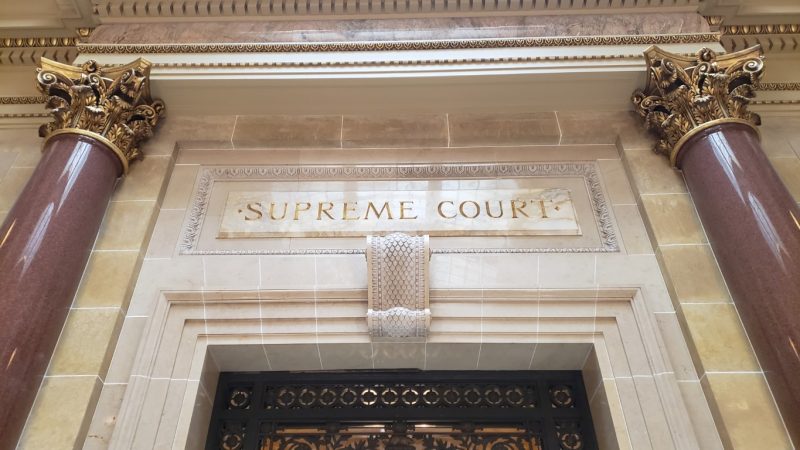Attorney General Josh Kaul hailed the Wisconsin Supreme Court’s unanimous ruling finding the Legislature can’t oversee civil enforcement actions or cases the state Department of Justice brings at the request of executive branch agencies. The court, which has a 4-3 liberal majority, yesterday ruled in favor of Kaul in the lawsuit he filed against the GOP-led Legislature challenging the authority t...
Please log in to access subscriber content.
If you don't have a subscription, please contact schmies@wispolitics.com for subscription options on the WisPolitics-State Affairs platform, which is the new home for WisPolitics subscriber products.

